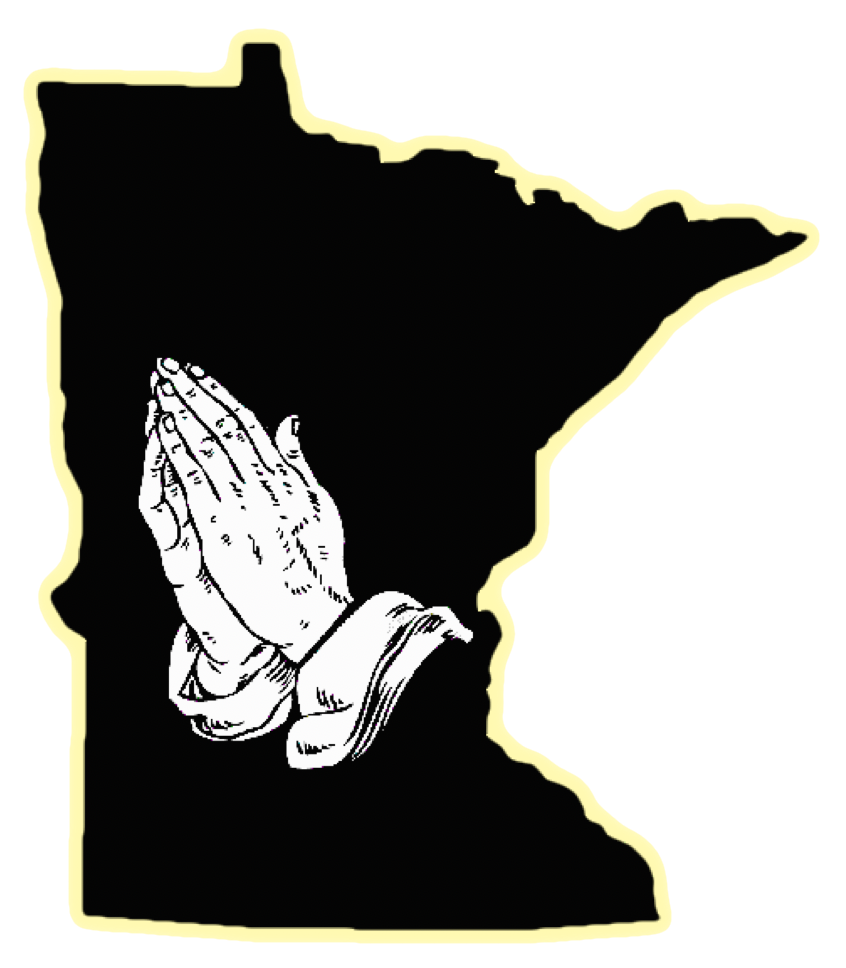Do you not know? Do you not hear? Has it not been told you from the beginning? Have you not understood from the foundations of the earth? - Isaiah 40:21 (ESV)
Isaiah 39 tells of a good man doing a bad thing. King Hezekiah shows all his wealth to the king of Babylon. King Hezekiah was trying to impress the envoys from Babylon. He was enjoying the recognition, honor, flattery, and praise from men. It seems that Hezekiah’s pride made him unable to see the destruction that could come from doing such a thing. Isaiah tells him plainly in verses 6-7, Behold, the days are coming, when all that is in your house, and that which your fathers have stored up till this day, shall be carried to Babylon. Nothing shall be left, says the Lord. And some of your own sons, who will come from you, whom you will father, shall be taken away, and they shall be eunuchs in the palace of the king of Babylon.”
Hezekiah started out as a godly king. He was given a gift of an additional 15 years of life (see Isaiah 38). Sadly, he did not use those extra years wisely. Instead, he became proud and focused on himself. Something to take from this chapter is that it is how we use our time that matters in the end.
Beginning in chapter 40, the rest of Isaiah is largely a message of comfort. Isaiah prophesies about John the Baptist, Jesus, and the reward he will bring. Isaiah reminds us that God is our Creator and that His creation makes Him evident. Verses 25-26a say, “To whom then will you compare me, that I should be like him? says the Holy One. Lift up your eyes on high and see: who created these?” We need only “look up”; to consider there is a God who designed and created everything. We are told he is mighty, strong in power, everlasting, and does not faint or grow weary. We need to know that about God. This is also sound advice in general. To “look up” is to take our eyes off of ourselves. When we “look up” at God and what He created (this includes other people) we put ourselves in a position to see how God can use us.
Then Isaiah turns the message a bit, from telling us how powerful God is to telling us that God will give us power and strength. To whom does he offer these? To those who “wait for the Lord” (verse 31). I am not a scholar; I haven’t taken Hebrew or Greek. I don’t usually get caught up in words, but in studying this passage, I found this word study very interesting. The word wait in the English language is passive. Apparently, the Hebrew language has about 25 words for wait. The one used in Isaiah 40:31 is qavah (kaw-vaw). Qavah means to wait actively with anticipation or to look eagerly for. It is sometimes translated as hope. It is impossible to wait on the Lord without hope.
©Amy Blanchard, 2023

